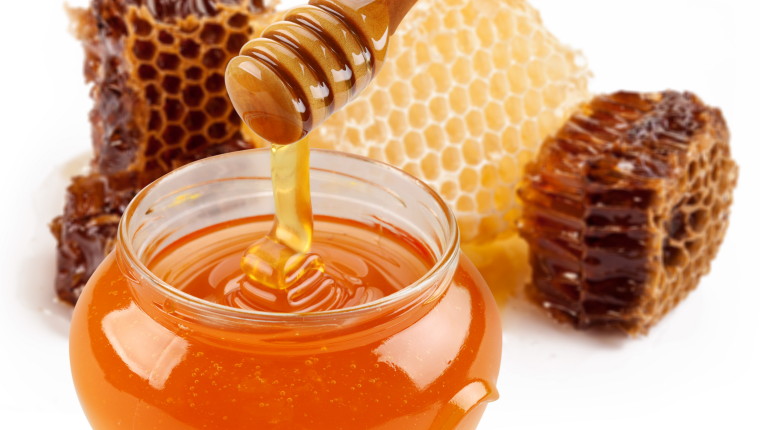Eternal sweetness: Why honey doesn’t spoil
Posted by staff / August 24, 2013 Amina Harrisancient Egyptian tombsjars of honeyRobert Mondavi InstituteSurprising Science

When jars of honey from ancient Egyptian tombs were unearthed, archaeologists could have used it to sweeten their afternoon tea, but how on Earth does honey remain sweet thousands of years after other foodstuffs have soured?
Here’s just a taste of what Surprising Science dug up when they sought to answer this fascinating question:
The answer is as complex as honey’s flavor–you don’t get a
food source with no expiration date without a whole slew of factors working in perfect harmony.The first comes from the chemical make-up of honey itself. Honey is, first and foremost, a sugar. Sugars are
hygroscopic, a term that means theycontainvery little water in their natural state but can readily suck in moisture if left unsealed. As Amina Harris, executive director of the Honey and Pollination Center at the Robert Mondavi Institute at Univeristy of California, Davis explains, “Honey in its natural form is very low moisture. Very few bacteria or microorganisms can survive in an environment like that, they just die. They’re smothered by it, essentially.” What Harris points out represents an important feature of honey’s longevity: for honey to spoil, there needs to be something inside of it that can spoil. With such an inhospitable environment, organisms can’t survive long enough within the jar of honey to have the chance to spoil.
But that’s only the beginning of this fascinating story.
So, the next time you see a bee, resist the urge to swat and pay homage to this most remarkable creature.
Full story at Surprising Science.
Photo credit: Fotolia
Like it!
True…just like God’s word is sweeter than honey – read Psalm 19 & 119! Pay homage to The Bee Maker!
[…] Holy Kaw! […]